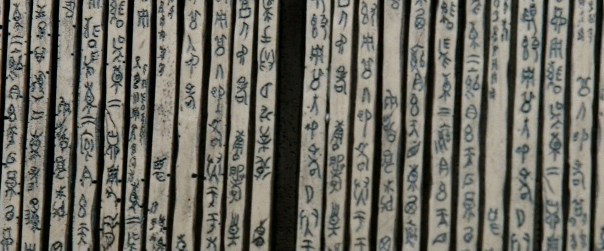Middle Eastern harps and "harp" in Eastern Central Asia
There is an abundance of ancient harps archeologically recovered from the Tarim Basin and surrounding areas. Just in the Tarim Basin alone, there are 23 harps dating to the first millennium BC:
Yánghǎi 洋海 (east of Turpan, just south of the foothills of the Flaming Mountains at the broad, pebbly ("gobi") terrace embouchement of the Toyuq Gorge) — Uyghur Yankhi, Yanghi, Yangkhe, Yangxé. Uyghur Wikipedia has Yanqir; Turkic Yarghol (5 harps dating from 999-250 BC)
Zhāgǔnlǔkè 扎滚鲁克 (village in Toglaklik Township, Chärchän / Qiemo County) — Uyghur Zaghunluq (3 harps dating 600-300 BC)
Àisīkèxiáěr 艾斯克霞尔 (southern cemetery, along the lower reaches of the Baiyang / White Poplar River [originally a Mongolian name transcribed in Sinitic as Nàmùguōlè 纳木郭勒] in the vicinity of Qumul / Hami) — Uyghur Eskişehir, Eski Sheher ("Old City") (11 harps dating 8th-5th c. BC)
Qūmàn 曲曼 (Zankar cemetery near Tashkurgan) — Chushman (2 harps dating 6th-3rd c. BC
Yú'érgōu 鱼儿沟 (west of Turpan about a hundred miles and south of Ürümchi about a hundred miles, in Dabancheng District — modern Uyghur name is Iwirghol or Éwirghol (1 harp dating 3rd c. BC)
Chärchän / Qiemo District Museum (1 harp collected from the people)
Read the rest of this entry »



